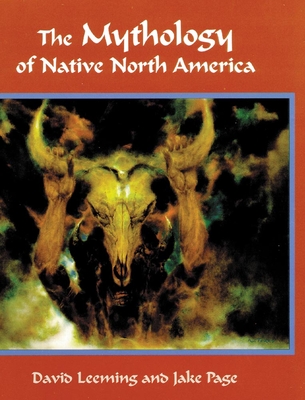
description
in the United States have been stereotyped as vestiges of the past, invisible citizens in their own land obliged to remind others, "We are still here!" Yet today, Native leaders are at the center of social change, challenging philanthropic organizations that have historically excluded Native people, and fighting for economic and environmental justice. Edited by Raymond Foxworth of First Nations Development Institute and Steve Dubb of The Nonprofit Quarterly, Invisible No More is a groundbreaking collection of stories by Native American leaders, many of them women, who are leading the way through cultural grounding and nation-building in the areas of community, environmental justice, and economic justice. Authors in the collection come from over a dozen Native nations, including communities in Alaska and Hawaiʻi. Chapters are grouped by themes of challenging philanthropy, protecting community resources, environmental justice, and economic justice. While telling their stories, authors excavate the history and ongoing effects of genocide and colonialism, reminding readers how philanthropic wealth often stems from the theft of Native land and resources, as well as how major national parks such as Yosemite were "conserved" by forcibly expelling Native residents. At the same time, the authors detail ways that readers might imagine the world differently, presenting stories of Native community building that offer benefits for all. Accepting this invitation to reset assumptions can be at once profound and pragmatic. For instance, wildfires in large measure result from recent Western land mismanagement; Native techniques practiced for thousands of years can help manage fire for everyone's benefit. In a world facing a mounting climate crisis and record economic inequality, Invisible No More exposes the deep wounds of a racist past while offering a powerful call to care for one another and the planet. Indigenous communities have much to offer, not the least of which are solutions gleaned from cultural knowledge developed over generations.
member goods
No member items were found under this heading.
Return Policy
All sales are final
Shipping
No special shipping considerations available.
Shipping fees determined at checkout.







